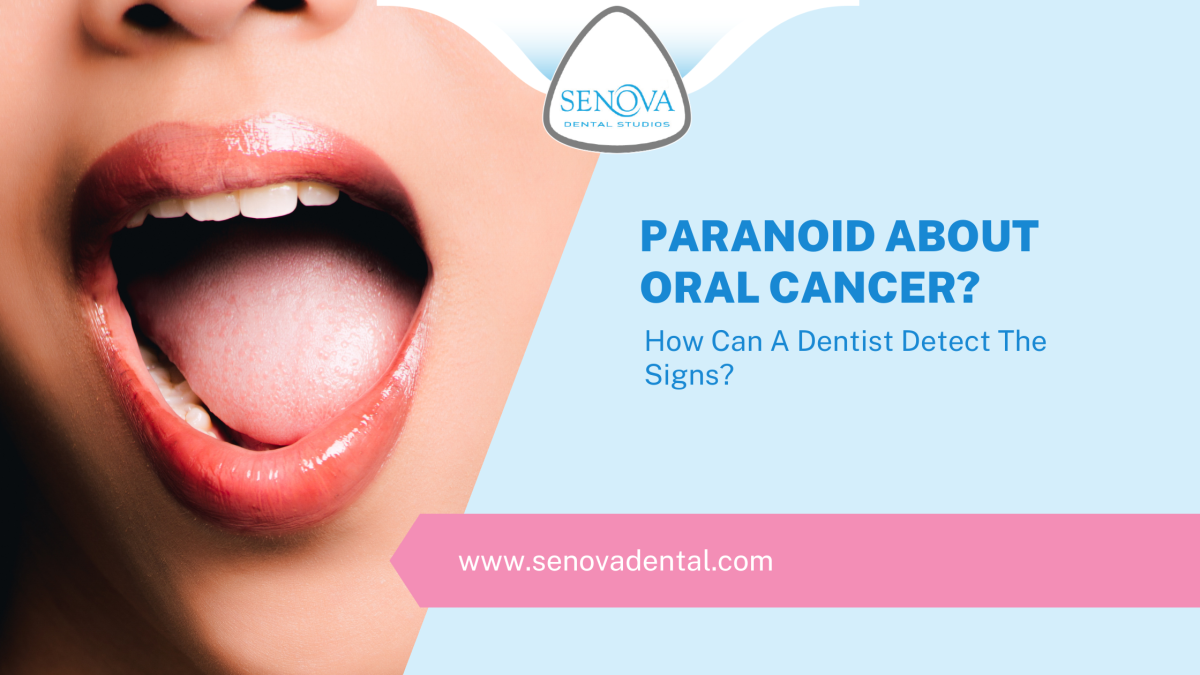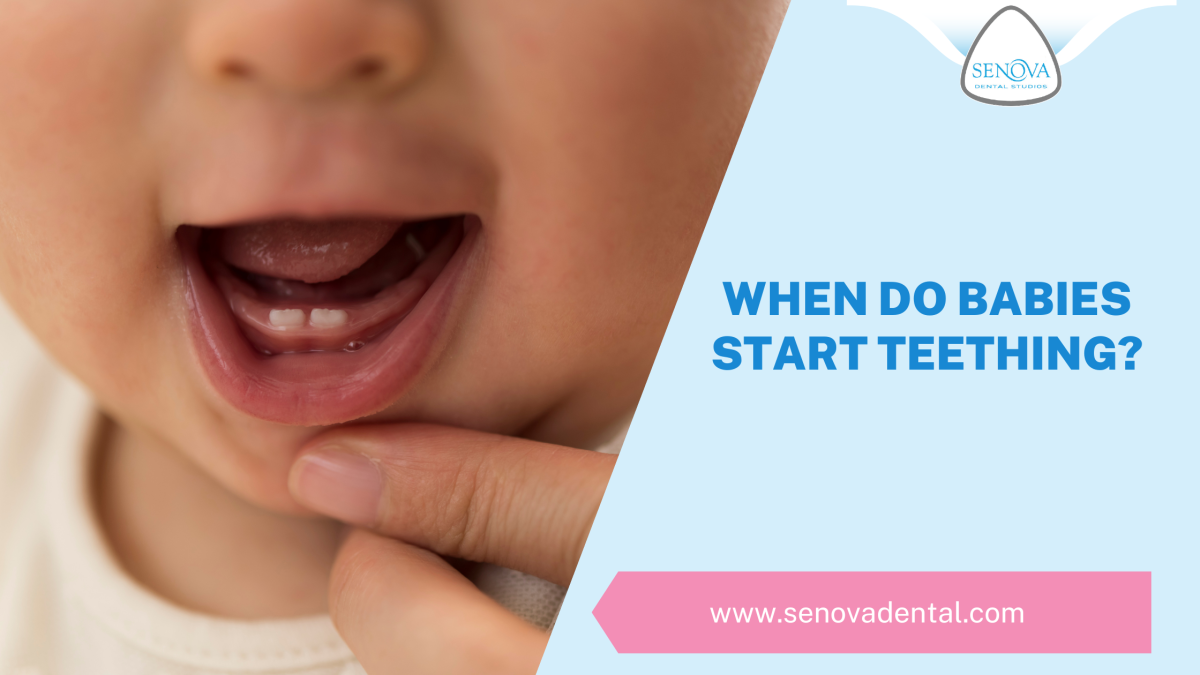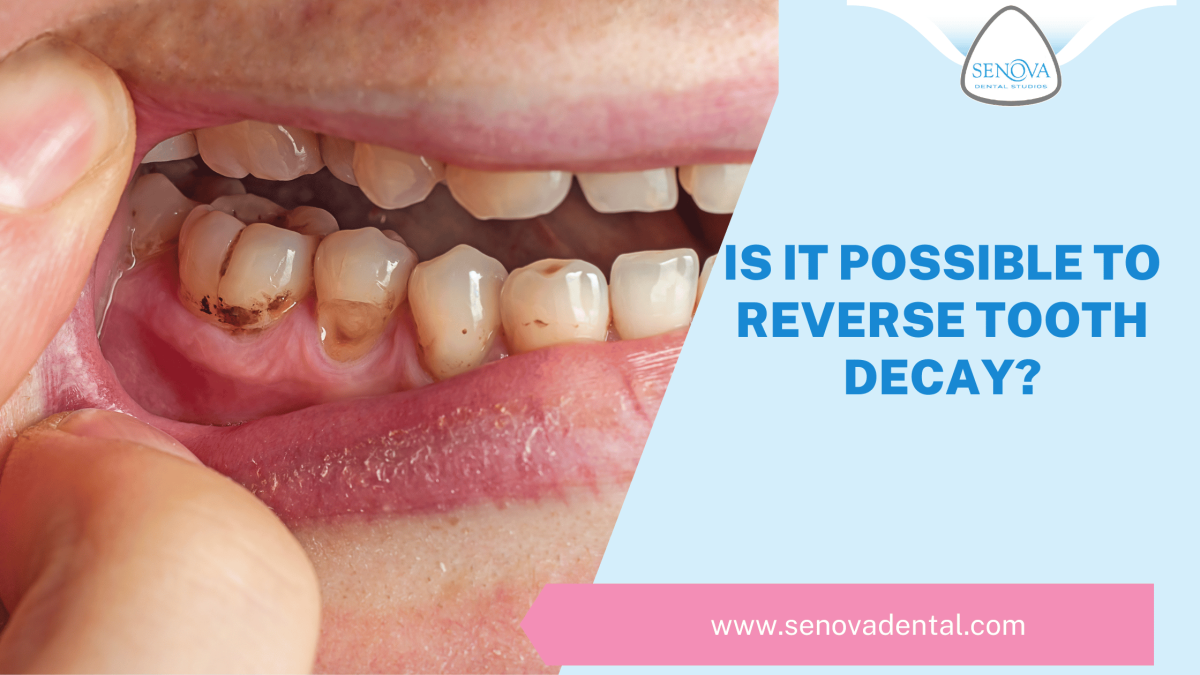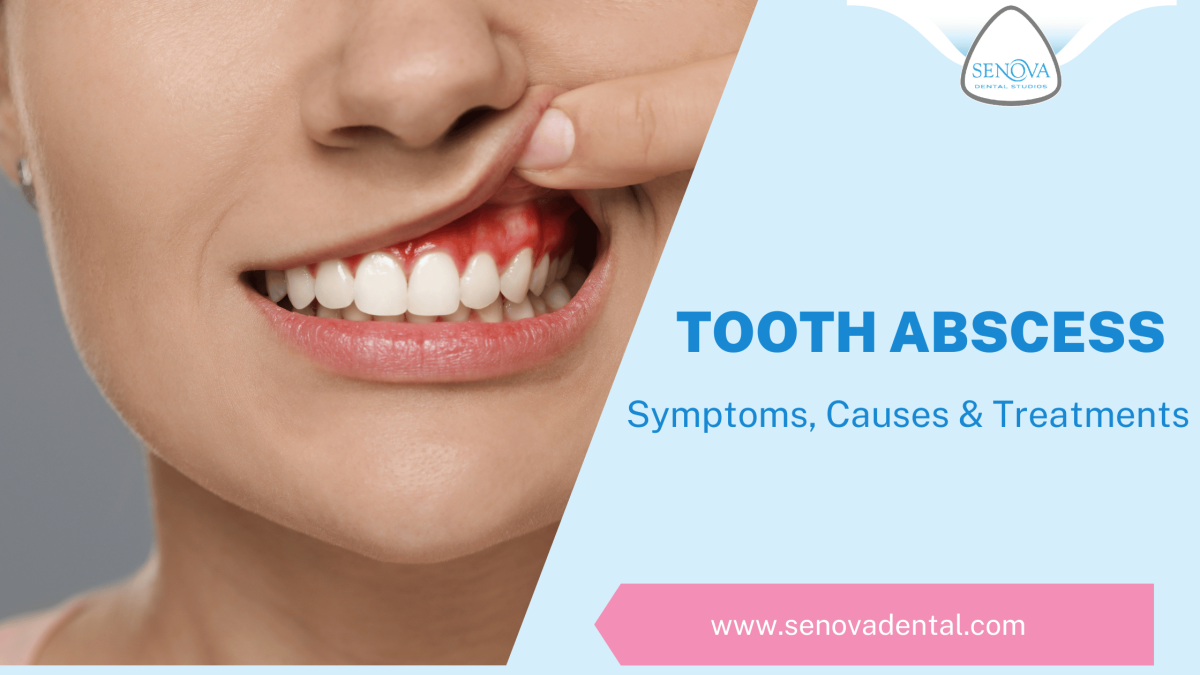
When visiting our dentist for a regular checkup, we often observe them checking our head, neck, and mouth for signs of non–healing swellings. Have you ever wondered why dentists do so? They do it to check for underlying signs of oral cancer.
Did you know dentists are typically the first to detect early signs of oral cancer? Unfortunately, oral cancer is becoming a real healthcare threat in the UK. According to Cancer Research UK, oral cancer is the 8th most common cancer in women and the 4th most common among males in the UK. Also, the UK recorded 4,143 deaths from oral cancer alone between 2017-19. But the good news is that oral cancer is preventable, mainly if detected early. Research shows that over 88% of oral cancer cases can be prevented upon early and timely diagnosis. So this is the reason why dentists perform an oral cancer screening for every patient at every checkup appointment.
How Can We Detect Oral Cancer?
The most common sign of oral cancer is a non-healing swelling, usually painless, developing anywhere inside the oral cavity. So, if your dentist observes a swelling that is not healing for a long time, they will perform a biopsy and send it to the pathology laboratory for diagnosis. So, non-healing swelling, no matter how small, should not be taken lightly.
I’m Worried I Might Have Oral Cancer. How Can I Tell If I Do?
It is usually not possible for one to diagnose oral cancer on their own. Usually, one of the first signs of an underlying cancerous lesion is a non-healing, painless swelling. So, if you suspect that you have oral cancer, you should consult your healthcare physician or dentist immediately. The sooner you seek treatment, the higher the chances of complete recovery.
What Can A Dentist Tell About You By Looking In Your Mouth?
Dentists are trained to detect early signs of oral cancers. For example, if they observe swelling or non-healing ulcers in the oral cavity that has unusual margins, they may suspect that it is a cancerous lesion and perform a biopsy for a confirmed diagnosis.
How Can You Test For Oral Cancer At Home?
Although their no at-home kit available to test for oral cancer, the Mouth Cancer Foundation explains how one can perform an oral cancer screening at home. First, you should pull away your cheeks and observe for signs of a long-standing swelling or ulcer. Next, you should roll over your tongue and observe its sides and the floor of the mouth for ulcers. Finally, you should perform the same practice for the roof of the mouth. If you find any suspicious swelling or an ulcer, contact your dentist immediately for further diagnosis.
How Likely Is It To Get Oral Cancer From Poor Oral Hygiene?
Poor oral hygiene is among the risk factors for oral cancer. According to the Lancet, people with poor oral hygiene are at a higher risk of developing oral cancer than those with optimal oral health. Furthermore, people with poor oral hygiene are also more likely to die of oral cancer than those with good oral hygiene.
Can You Get Oral Cancer From Not Brushing Your Teeth?
Yes, as mentioned earlier, not maintaining optimal oral hygiene is a significant risk factor for developing oral cancer. This is because poor oral hygiene maintenance can cause various complications that increase the risk of pre-cancerous and oral cancerous lesions. So, this is one more reason why we should always maintain good oral hygiene.
What Is The Difference Between Mouth Cancer And Oral Cancer?
Mouth cancer and oral cancer refer to the same condition. Oral cancer is a lesion that can develop anywhere inside or around the oral cavity, and is regarded as one of the deadliest cancers worldwide. Furthermore, according to Cancer Research UK, 22% of new oral cancer cases are recorded in the UK every year among the elderly aged above 75 and above. So, oral cancer should not be taken lightly.
Could These Bumps On The Roof Of My Mouth Be Cancer?
Oral cancer can sometimes develop on the roof of the mouth as well. So, if you observe bumps or swellings on the oral cavity roof, you should contact your dentist immediately. Typically, an oral cancerous lesion on the roof of the mouth appears as a white, greyish, or reddish swelling that appears suddenly without any underlying cause. So, any non-healing swelling or ulcerous lesion should not be taken lightly. The best approach is to contact your doctor or dentist immediately for expert advice.
Is This A Sign Of Tongue Cancer?
Various signs and symptoms can point towards a cancerous lesion. For example, the National Health Service (NHS) explains the signs and symptoms of a suspected oral cancerous lesion.
- A swelling that hasn’t healed for many weeks
- Unexplained, persistent lumps in the oral cavity or on the lymph nodes that don’t go away
- Difficult or painful swallowing
- Changes in voice
- Sudden, unexplained weight loss
- One or more teeth become loose
- Difficult or painful mouth opening and closure
Do you suspect that you or a loved one has a suspected lesion which may be oral cancer? Don’t waste time and see a good dentist right away! If you live in Watford or the suburbs, all your dental care needs, including oral cancer screenings, will be taken care of by Senova Dental. We take pride in having one of the best dentists in town with state-of-the-art facilities. So, book an appointment today and let us take good care of your entire family’s oral health and smiles.
- What Kind Of Dentist Does Implants? - December 1, 2024
- When Do Babies Start Teething? - October 26, 2024
- Is It Possible To Reverse Tooth Decay? - September 29, 2024




